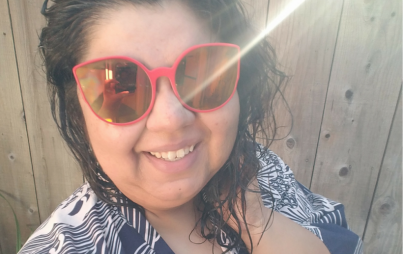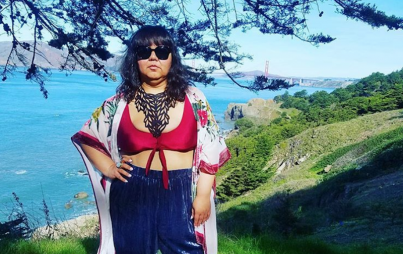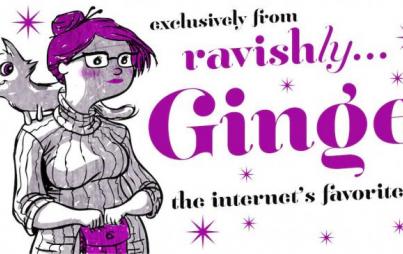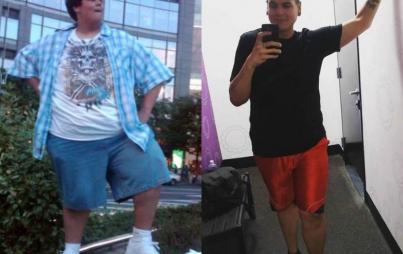
Be you, no diet necessary.
That hole used to be filled by delusions of what skinny would give us, and by feelings of control, and by the goal of happiness and validation by thinness. That pursuit kept us going. It felt safe. It felt like something responsible we could do for ourselves.
It’s really hard to exist in this culture as a woman who does not talk about or complain about weight.
Why? Because we are so conditioned and used to talking about weight that it is a big shift to leave it behind.
Weight is also a topic that comes up all the time. And if your friends are still on the diet and weight loss train, it’s going to continue to be a significant part of the conversation.
Also, for so many of us, the pursuit of thinness has been such a big part of our lives, our thoughts, and the way we spend our energy, it can feel really isolating and frightening to drop it. It becomes our identity.
Of course, that’s part of the problem. When “the one who diets” or “the one who eats healthy” or “the one who loses weight” becomes your identity, it’s normally time to re-evaluate your relationship to food and weight.
But by that time, it’s already too late to easily leave it behind.
Don’t second-guess the power of clinging to identities.
All of the food fear and weight gain fear aside, something my readers struggle with most when trying to embark on a body-positive and fat-positive life is…What do I talk about with people?
What do I say when someone brings up weight? Or their new diet? Or my weight? What do I do when my mom tells me I’ve gained a few? What do I do when someone tells me the sandwich I’m eating is fattening? What do I do when someone invites me to go on Whole30 with them? Or Facebook messages me to tell me they are a Beach Body coach and do I want to lose weight with her?
But more importantly, what do I think about during the day now that I’m not counting calories and obsessively planning when I’m gonna do my next workout?
There is a hole that is left.
That hole used to be filled by delusions of what skinny would give us, and by feelings of control, and by the goal of happiness and validation by thinness. That pursuit kept us going. It felt safe. It felt like something responsible we could do for ourselves.
But if you’re someone who let it take over how you feel about yourself, letting go of that pursuit is the healthiest thing you can do.
So how do you transition from “The One Who Diets” to “Someone Who Enjoys Her Life and Likes Herself Now”?
When people bring up weight or diets, don’t engage. Gently redirect the conversation, or you can say, “You know, focusing on weight and dieting has been pretty unhealthy for me. I’m trying to just listen to my body.”
When people comment on your weight, stand up for yourself. One of the women I work with, when someone asked her if she was pregnant, said, “Nope! I've just gained a ton of weight. I did it on purpose — I realized that diets don't work, so I decided to focus my attention on more important things.” How badass is that?
And as for creating a new identity? Go slow and easy and be kind with yourself. I like to call it "creative recovery," and it makes all the difference in getting our of self-destructive eating habits.
Follow your curiosity. Start journaling and figuring out what things you want to try. Start trying new things, silly things, or playful things. Start committing to making your new identity less serious.
Perfectionism has never gotten us anywhere.
Start becoming more of who you really are.







